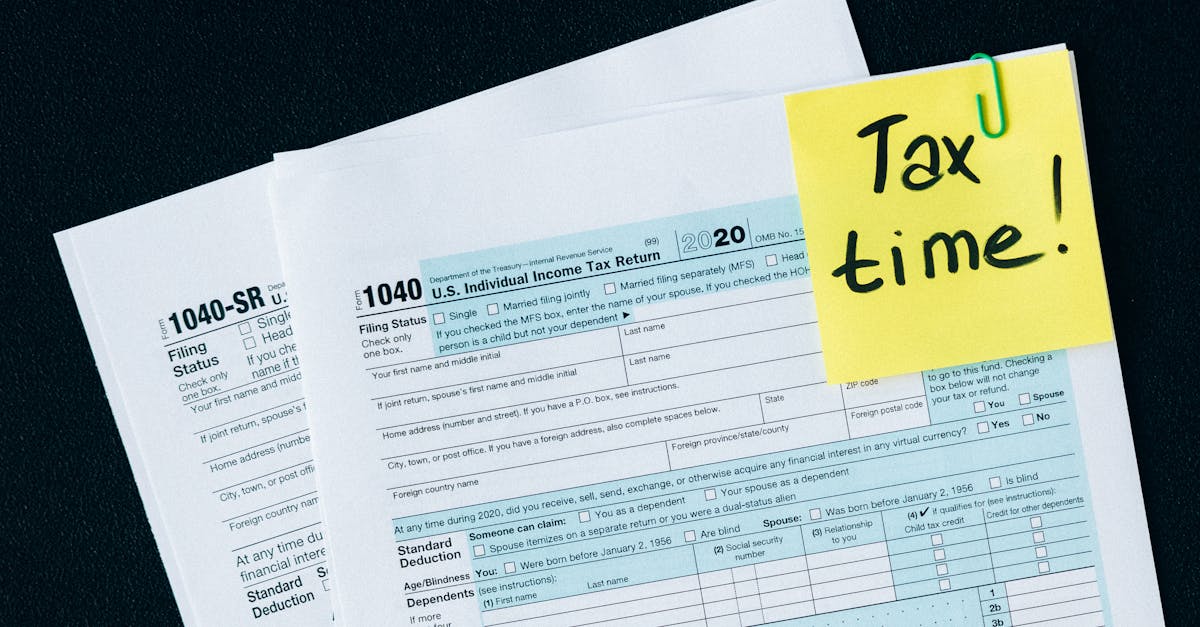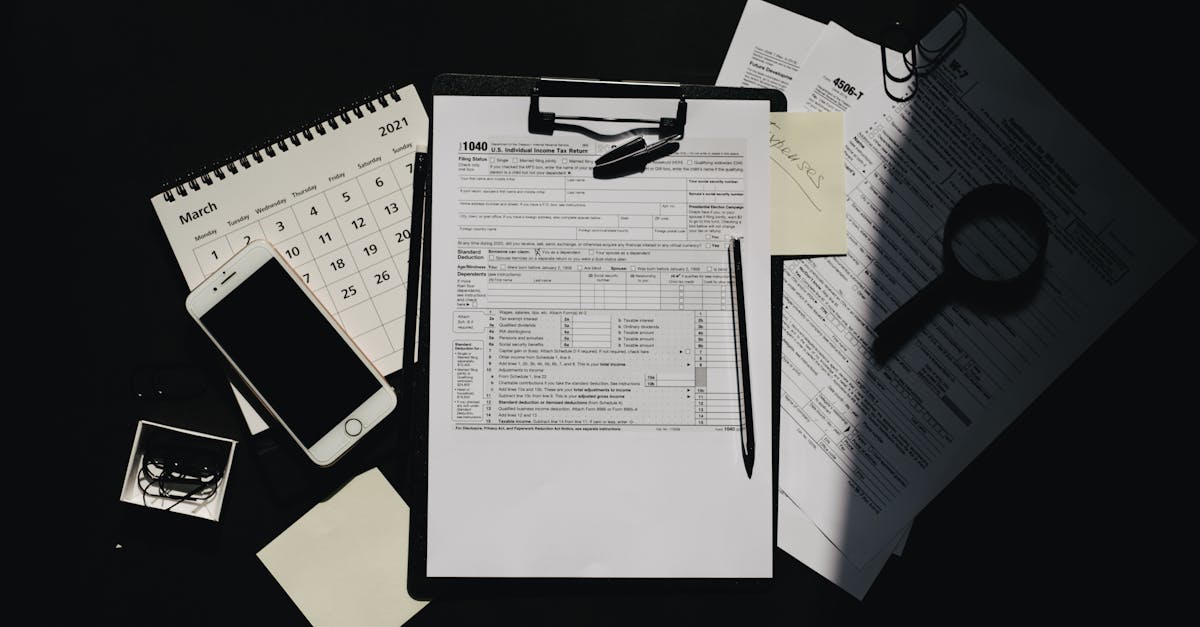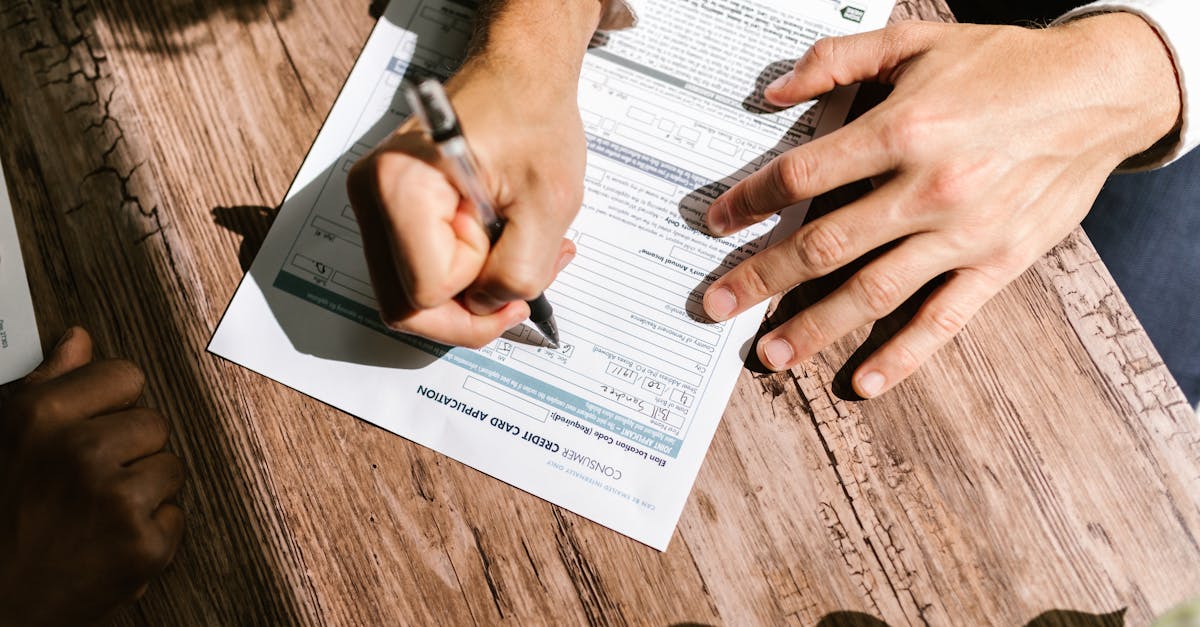Definitive Guide to Dodging Tax Penalties
Understanding Tax Penalties
Tax penalties often spring out of nowhere like a rogue jack-in-the-box, catching many taxpayers off guard. Whether it's late filing, underpayment, or inaccurate reporting, these financial nuisances could tumble individuals and businesses into unexpected fiscal depths. Let’s unravel the mysteries surrounding tax penalties and how they can affect you.
Advertisement
Timely Tax Filing
The simplest way to avoid tax penalties is punctuality. Picture the IRS like a bibliophile librarian – they appreciate prompt returns. Filing your taxes on time is not only courteous but also critical. Late filing fees can snowball, starting at 5% of the unpaid taxes per month, capping at 25%.
Avoid the librarian’s wrath by setting timely reminders and considering electronic filing options.
Advertisement
Accurate Income Reporting
Dishonesty might work in poker, but when it comes to reporting income, it’s a certain way to end up in hot tax water. Ensure that all your income sources are accurately reported. From freelance gigs to investment dividends, transparency is vital. Accurate income documentation is like a financial parachute, giving you a smooth landing every tax season.
Advertisement
Estimate Payments Wisely
For the independent contractors, small businesses, or those with fluctuating incomes, estimating payments can be a crafty game of fiscal chess. Advance payment helps dodge the underpayment penalty, which exists because Uncle Sam dislikes surprises unless it’s a birthday party. Use IRS tools and calculators to estimate payments, ensuring you aren’t vastly underpaid.
Advertisement
Capital Gains and Losses
Navigating the waters of capital gains can feel like steering a rudderless ship. Understanding the difference between short-term and long-term gains, and their respective tax rates, can save you from unwanted penalties. Utilize tax-loss harvesting strategies to offset gains, reducing your taxable income and keeping penalties at bay.
Advertisement
The Importance of Deductions
Deductions can be the hidden treasures of the tax kingdom, often overlooked yet immensely valuable. Whether it’s student loan interest or charitable contributions, capturing available deductions reduces taxable income and helps avert potential penalties. Maintain meticulous records of deductible expenses throughout the year.
Advertisement
Seek Professional Advice
Engaging a professional might seem extravagant, yet an accountant can be a fiscal wizard who can help you magically avoid penalties. They are equipped with up-to-date tax codes and can optimize financial strategies to ensure compliance. Even just an annual visit can provide insights needed to prevent outlandish fines.
Advertisement
Conclusion
Tax penalties are pesky yet avoidable with informed strategies and timely actions. From understanding penalties to maximizing deductions, these informed tactics will help ensure a penalty-free tax season. Remember, staying informed and organized is your best defense against unwanted fiscal surprises. With a keen awareness of your finances, you can protect your hard-earned money from avoidable penalties.
Advertisement

